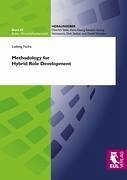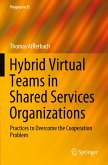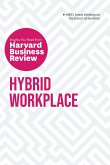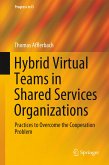¿Cybercrime costs firms USD 1 trillion globally¿ ¿ Headlines like this released by Reuters news agency on 29th January 2009 tend to regularly dominate international press lately. Surveys indicate that insiders like employees are one of the biggest threats to data security within organisations. As a result of improper account management users accumulate a number of excessive rights over time, resulting in the so called identity chaos. In the course of constantly growing IT infrastructures on the one hand, as well as the legislative regulations and law on the other hand, role-based Identity Management in particular has become a means of solving the identity chaos and meeting data security requirements. However, the central challenge organisations face in this context is how to construct a role catalogue for their Identity Management infrastructure. Some companies deal with this issue by applying predominantly manual procedures based on organisational and operational structures. These approaches are known as Role Engineering methodologies. Throughout the last few years, so-called Role Mining methodologies which use Data Mining techniques that cluster existing access rights of employees have evolved as alternative approaches. Recent findings show that a combination of Role Engineering and Role Mining is necessary to define a good collection of roles. This book gives insight into a hybrid tool-supported methodology for cleansing identity and account data and developing business roles for employees using Role Engineering and Role Mining techniques. Its main goals are to increase the overall user management data quality and support companies throughout a semi-automated process of defining roles. The methodology considers existing employee information and access privileges without neglecting organisational structures and business experts¿ knowledge about the organisation.








